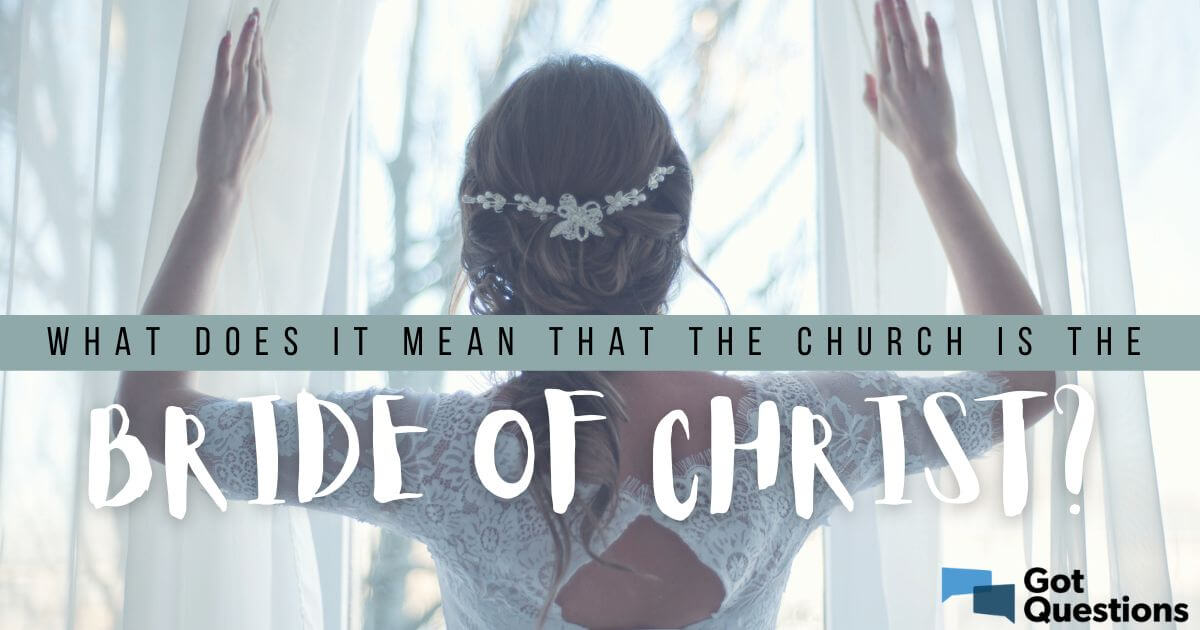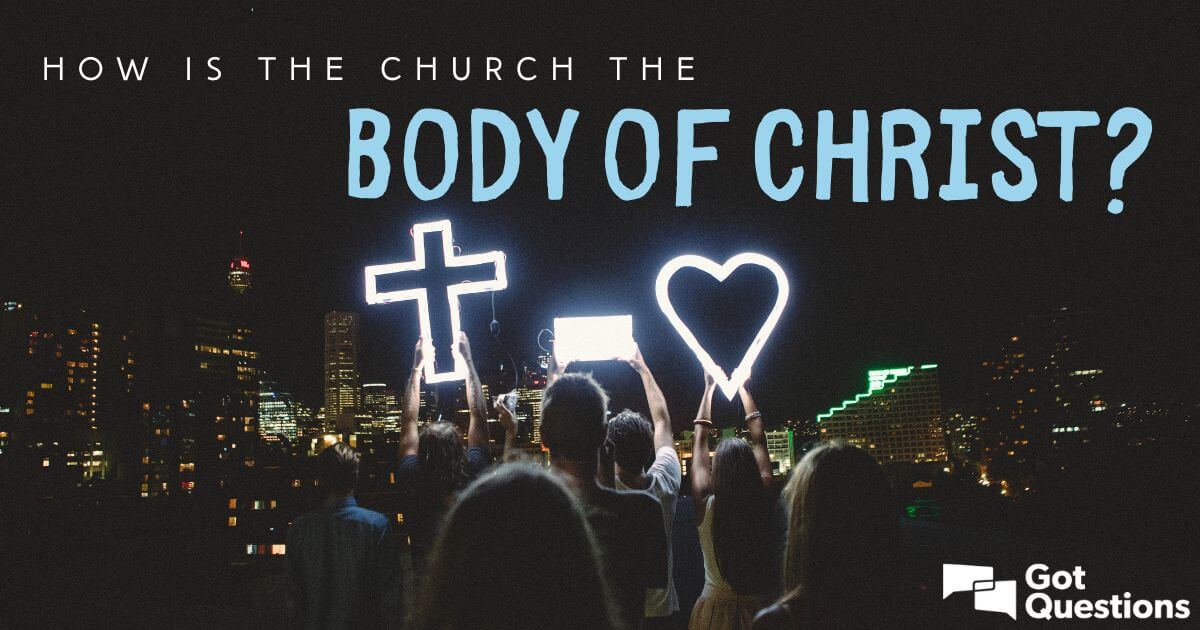yes Tosca, there is a church universal. we kinda live together in One Fine Place on golden streets.
however as you read the New Testament, Paul also refers to the church at various cities; so church has a dual meaning: the Local church and the Universal church.
1 Corinthians 1:2 - "Unto the church of God which is at Corinth , to them that are sanctified in Christ Jesus, called to be saints, with all that in every place call upon the name of Jesus Christ our Lord, both their's and our's."
1 Thessalonians 1:1 - "Paul, and Silvanus, and Timotheus, unto the church of the Thessalonians which is in God the Father and in the Lord Jesus Christ: Grace be unto you, and peace, from God our Father, and the Lord Jesus Christ"
my point is that we need Local Churches to be God's hands to his people and the Universal church for a world wide vision and finally on to our final home.
blessings.





